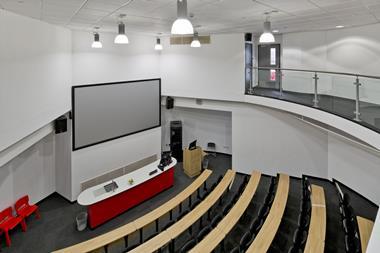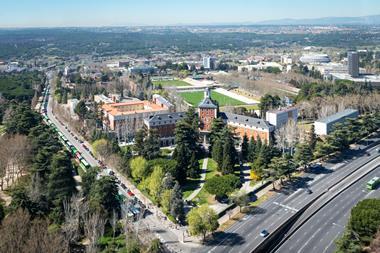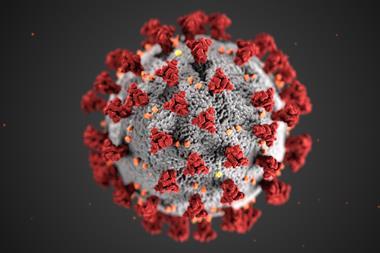Nations around the world are starting to look for the exit. Countries have been in lockdown for weeks and with their populaces growing bored and restless – and governments worried about tax receipts – everyone is eager to get on with their lives.
Researchers are no exception. Those who are unable to work because of lab closures are keen to return, some having had to make painful decisions about which parts of their research they could keep going. In some cases that has even meant having to euthanise the lab animals that were the backbone of a research project. Others have been able to continue as before, just spending more time reading and writing papers. And on top of the professional worries are financial woes for those who find themselves without funding or pay at this time.
Universities are also bracing themselves for straitened financial times. International student numbers – a funding mainstay for many institutions – are expected to fall around the world next academic year as prospective students stay home. On top of this other sources of income have been drying up whether it’s from industry or events.
Everyone wants to get things back on track as soon as it is safe to do so. But that is a tricky decision, and the World Health Organization has warned against dropping lockdowns prematurely. Lifting restrictions too soon could see a ‘deadly resurgence’ of the disease, the head of the organisation, Tedros Adhanom Ghebreyesus, has warned: ‘The way down can be as deadly as the way up if not properly managed.’
Right now is a crucial time and individuals and organisations everywhere need to hold their nerve. While many countries across Europe have started relaxing restrictions on social distancing, an upsurge in cases in Singapore shows that a second wave of Covid-19 isn’t just idle theory.
Scientists are already working at breakneck speed to deliver the tools needed to fight the virus, but there’s still a lot to do. It’s looking increasingly likely that the only way out of this predicament is a vaccine and delivering one in 18 months would be unprecedented. Now is the time to prepare for the new normal. While future lockdowns may not be as restrictive, and ramped up or down depending on circumstances, universities and research institutions will have to adjust. Flexibility is going to be key. Everyone will need to be ready to move swiftly between the office and home working – whether you’re in the lab or the lecture theatre. Part of this will mean accepting that things can’t just return to normal – research and teaching will be disrupted. This means that everyone will have to work together and be that bit more understanding that work is likely to take longer, be more fraught and a bit slower. We’re all in this for the long haul now.

















No comments yet